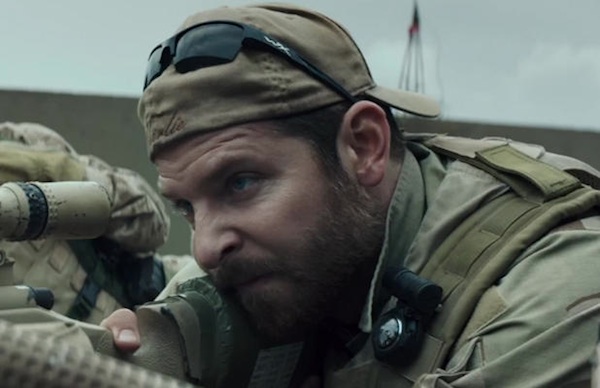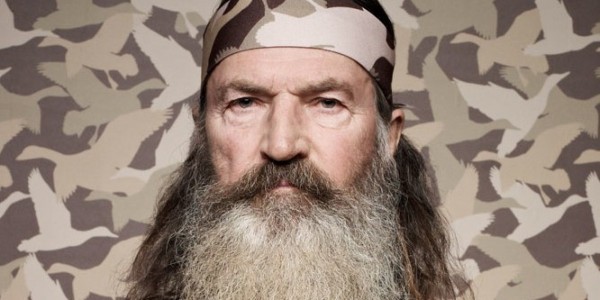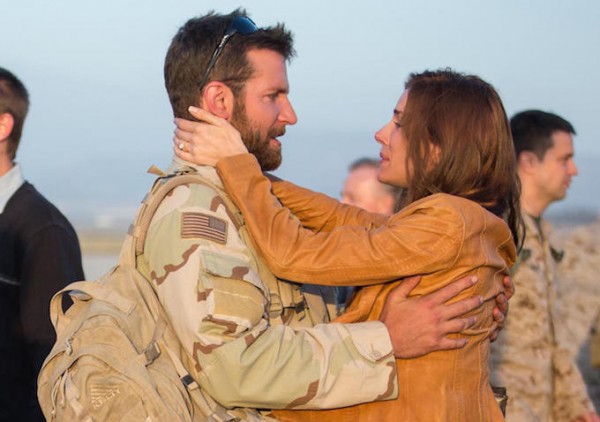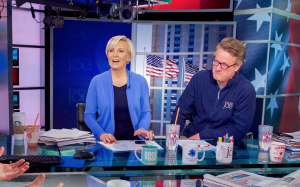
Here we go again. Last January — when Lone Survivor hit wide release — some on the left used the occasion to slander soldiers, bash America, and revise the historical record.
This January, the movie is American Sniper, and it’s the late Chris Kyle’s turn to be maligned, mocked, and generally used in a bad-faith campaign to not only delegitimize American self-defense against jihadist terror but also the very character of many men and women in uniform. The pretext for hit pieces against Kyle’s extraordinarily precise military professionalism (please read Chris Mark’s outstanding piece on the true nature of America’s snipers) lies in his obvious rage against our jihadist enemies.
Here’s The Atlantic’s Megan Garber, in a piece called “American Sniper Makes a Case Against ‘Support Our Troops:’”
And yet. What tends to happen when you’re good at your job is that you also come to enjoy it. In Kyle’s book, he admitted, “I love war.” He described killing as “fun.” He noted that “I couldn’t give a flying fuck about the Iraqis,” going on to explain that “I hate the damn savages.” But are the sacrifices of war still sacrifices when you enjoy them? Is heroism still heroism when you’re motivated by hatred?
When you lay down your life for your country, when you lay down your life for your brothers next to you, when you routinely take greater risks in a day than the average American will ever endure, and when you fight an enemy more evil than Ms. Garber likely comprehends not through jihadist tactics of indiscriminate killing, but by taking extraordinary risks to kill the enemy and only the enemy, then yes — emphatically yes — you are a hero.
Four Reasons Why America Needs “American Sniper”
But Garber is outdone (unsurprisingly) by The Guardian, where Lindy West — whose bio describes her as a “writer, editor and performer whose work focuses on pop culture, social justice, humour and body image” — describes Kyle as a “hate-filled killer:”
How much, if at all, should Eastwood concern himself with fans who misunderstand and misuse his work? If he, intentionally or not, makes a hero out of Kyle – who, bare minimum, was a racist who took pleasure in dehumanising and killing brown people – is he responsible for validating racism, murder, and dehumanisation? Is he a propagandist if people use his work as propaganda?
West and Garber aren’t alone in their scorn for Kyle. West’s piece cites a series of other pieces, one of which describes the Iraqi jihadists Kyle fought — the forerunners to the Islamic State — as people “whose only crime was to defend the integrity and sovereignty of their own country.” (That would be news, of course, to the tens of thousands of intentional civilian victims of suicide bombings, car bombings, beheadings, torture, and other grotesque obscenities.)
And what is Kyle’s offense? They can’t point to any war crimes. They can’t point to any record of dishonorable service. They hate him for despising our enemies. They accuse him of racism.
I’m sorry, but I’m beyond sick of this notion that American soldiers who killed our enemies downrange “dehumanized” brown people. Here’s what they did: Risked their lives — and often gave their lives — for the “brown people” who suffered most at the hands of jihadists. Who would suffer most if al-Qaeda had overrun Iraq? Who would suffer most if the Taliban re-took Afghanistan? Men and women like Chris Kyle did more in any one deployment to save and protect “brown people” than Garber, West, or their friends will do in their entire “social justice”-obsessed lives, combined.
Moreover, is the new standard for “heroism” the notion that our men and women must now watch our enemies saw the heads off women, use women and children as suicide bombers, detonate bombs in hospitals and restaurants, kill children in front of their mothers, and then kill your dearest friends — people closer to you than brothers — without feeling rage and fury?
What is remarkable about Kyle — and the hundreds of thousands of other Americans who faced hostile fire day after day — is not their rage, but their discipline. Kyle responded to atrocities with anger, but his actions reflected professionalism and precision. That is something new in the sweep of history, where — traditionally — wartime atrocities beget reprisals, which beget even greater atrocities. The American military has broken that cycle. In our wars, the enemy’s atrocities are typically answered with the most precise weapons of warfare in human history — and no weapon was more precise than Chris Kyle’s rifle.
Yes, Chris Kyle was angry at our enemy. So are many — and likely most — of the vets who saw our enemies up close. But Kyle’s anger manifested itself in courage and honor on the battlefield, and for that he is — without doubt — a hero.
Rest in peace Chris Kyle. And thank you for your righteous, channeled rage.
This article first appeared on National Review Online
Follow David on Twitter and Facebook.









